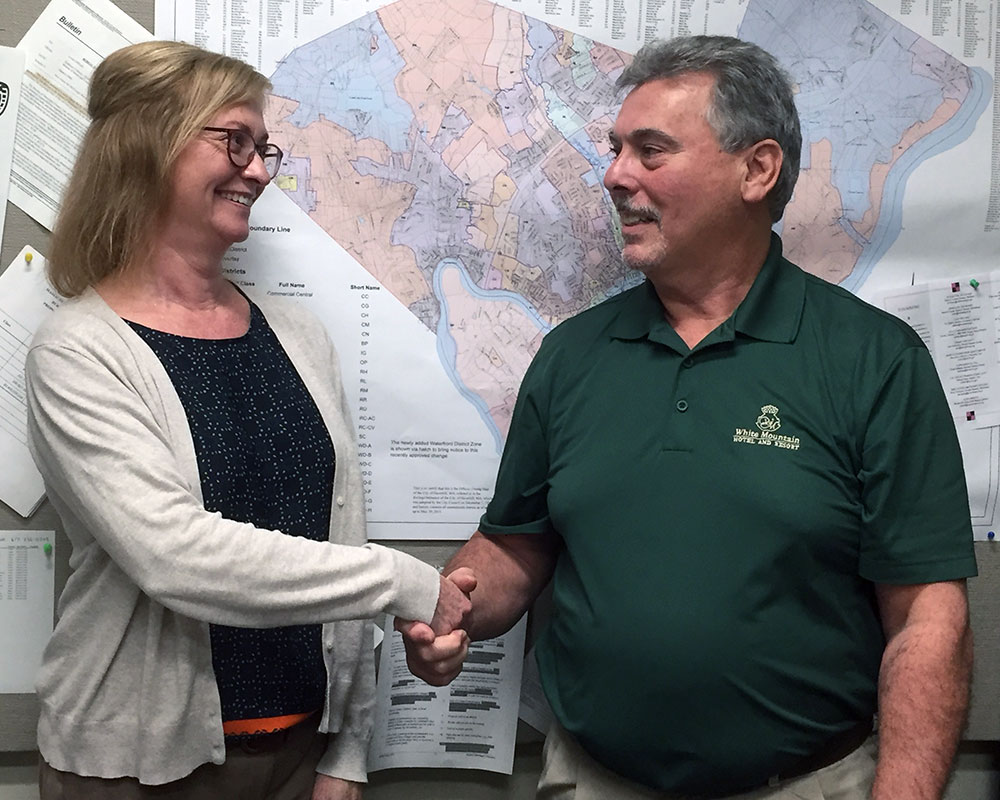Haverhill homeowners will see their property taxes increase by about 4% after the City Council voted 5-3 last night to maintain the proportion of taxes paid by businesses and homeowners.
That tax classification rate means that commercial and industrial business owners pay 65% more than residential property owners. Based on estimated property values, the average single-family homeowner will be paying $5,155 in 2023, an increase of approximately $201 over 2022’s rate while commercial property owners will see their tax bill decrease by $21.
Mayor James J. Fiorentini asked the Council to consider raising the tax classification rate to 1.72%, a move that would have reduced the burden on residential homeowners, but raised the rate for businesses. Haverhill’s Tax Assessor Christine Webb explained.
“For every one percent shift up, there’s a decrease of $8, approximately, for the average single family tax bill; an increase of $100 for the commercial tax bill; and an increase of $155 for the average industrial tax bill,” she said.
If the mayor’s suggestion had been approved, the average single-family home-owner would have been taxed $5,097.
While councilors were sympathetic to rising costs being faced by everyone during this time of rampant inflation, they were also persuaded by Haverhill business owners who said putting the burden on small business owners will run many of them out of town.
Greater Haverhill Chamber of Commerce President Alexandria Eberhardt presented the business case
“We cannot try to grow at the consistent expense of our business community here in Haverhill. If we continue down this path, small businesses will pass over Haverhill for areas with more advantageous and beneficial tax rates,” she said.
Ultimately, the Council voted to keep the tax rate at 1.65% with Council President Timothy J. Jordan, Vice President John A Michitson, Melinda E. Barrett, Melissa J. Lewandowski and Catherine P. Rogers and in favor while Councilors Joseph J. Bevilacqua, Thomas J. Sullivan and Shaun Toohey were opposed. Councilor Michael S. McGonagle was absent.
Following the vote, the mayor contacted WHAV criticizing the Council’s decision, saying taxes paid by the average single-family homeowner would rise $201 even while using a portion of the city’s surplus. The mayor called the increase “unacceptable” and said he is “examining and considering” his options to reduce residential taxes.

